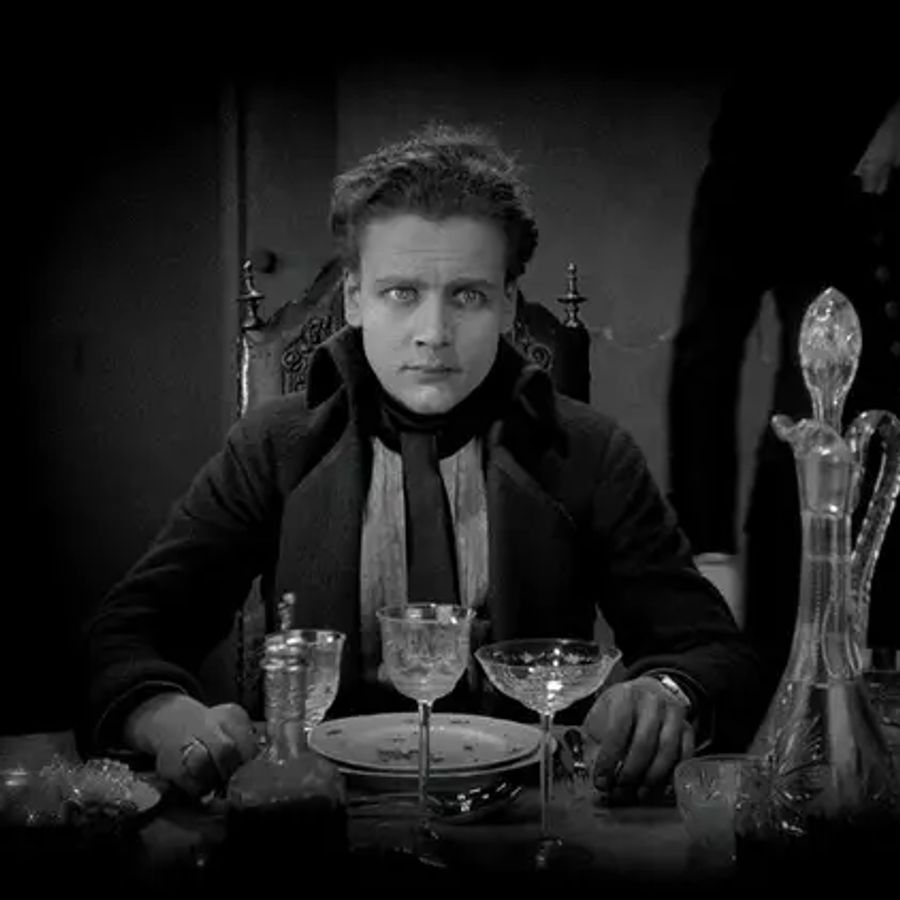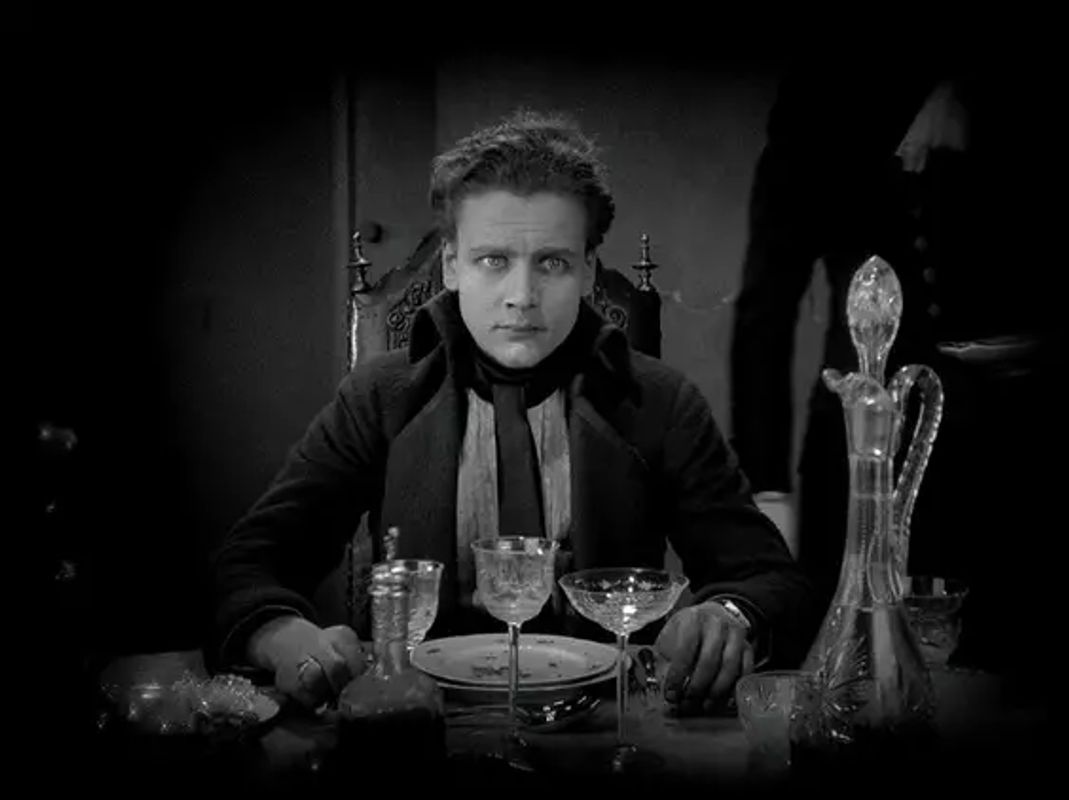"Now I can die in peace, for I have seen true love." These are the first lines of the film, and also the last words of the great painter Claude Zoret. Zoret falls in love with his model Michael and together they live as partners for a long time. But when a destitute baroness asks for a portrait, Michael falls for her. She asks for money he doesn't have, but his partner Zoret does.
Few queer films of this time have survived, partly due to censorship or destruction. Although it is clear that this film is about homosexual love, this is not always explicitly mentioned in the intertitles, likely in anticipation of the audience’s reaction. Initially, the critics were therefore quite harsh, especially regarding the queer elements.
Still, this is a brilliant example of Dreyer's sensitive and personal style and is now seen as one of the most important queer films from the silent film era.
The program closes with a conversation about queer films in cinema history, but also the queer history of Eindhoven.
PRE-FILMS
FANTASTIC FLOWERS: La culture du dahlia (FR, 1911). dir.: unknown. length: 6 min. French intertitles. English subtitles.
Skilda tiders dancer (SE, 1909). dir.: unknown. Length: 3 min. Swedish intertitles. English subtitles.
Ett besök hos Selma Lagerlöf (SE, 1926). dir.: Raoul Le Mat. Length: 6 min. Swedish intertitles. English subtitles.
Experience a full weekend of silent film and live music
Choose a day ticket or a festival pass and immerse yourself in the world of early cinema.
Day ticket & Passe Partout





